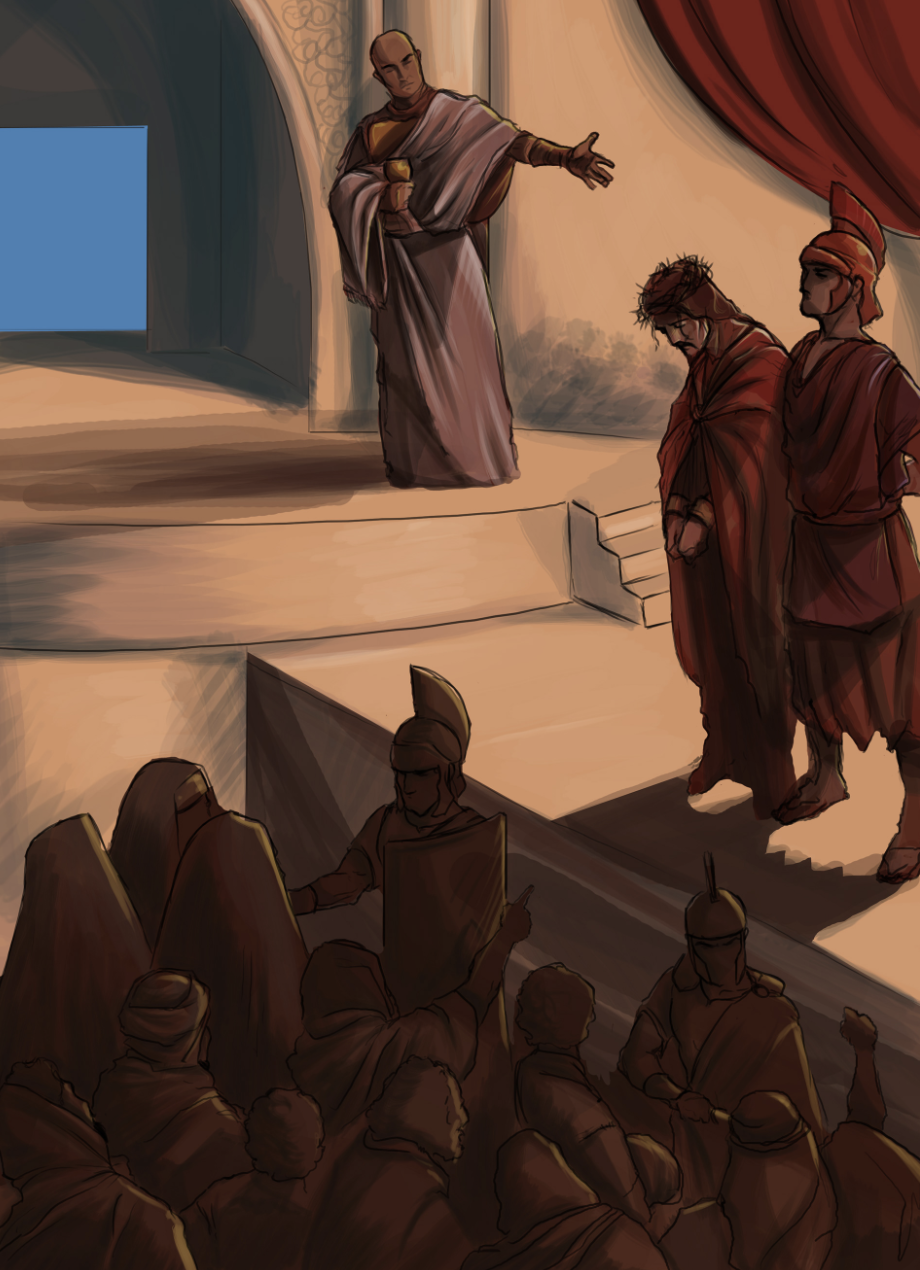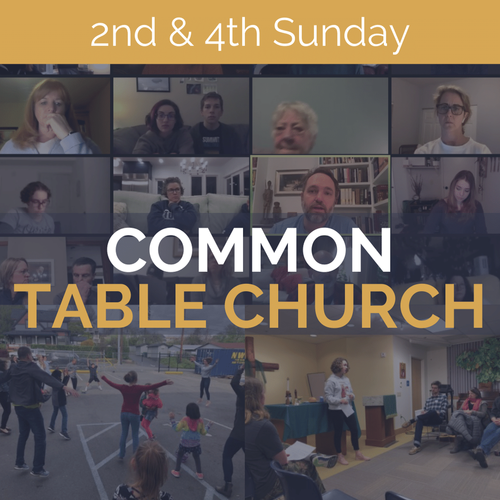What School Would Expel Mr. Rogers?
Blog post by Matt McCoy
Listen to this blog read by Matt:
5 minute read
Spring Church wants to be a church that is good for hurting people who hurt people. But if I’m being honest with myself, there are a lot of days when I would like to strike out the “who hurt people” bit and settle for simply being good for hurting people. Being good for hurting people is pretty straightforward, but being good for hurting people who hurt people is something that sometimes feels impossible.
When I look at the stories of Jesus, I see time and again how Jesus is kind to the outcast, the immigrant, and the overlooked. He eats with traitors and people with loose boundaries. He spends time with people who are ignored by those who have jobs and families and reputations.
Jesus is someone who is good for hurting people.
When I ask people in my neighborhood about Jesus, I often hear people describe the kindest person anyone can imagine. I’ve heard people in my neighborhood describe Jesus as someone who would come close to anyone, someone who would embrace us even on our worst day, someone who is a friend of sinners. Jesus is someone who is good for hurting people, and so we’re invited to be good to the hurting people in our neighborhood.
You know who else invited me to be good to the hurting people in our neighborhood? Mr. Rogers. I can still sing the song “Who are the people in your neighborhood?” and now this song just might be stuck in your head all day, too (you’re welcome). I can still feel the living room carpet pressed against me as I learned how to be kind to people who are sad. In 2019 Tom Hanks portrayed Mr. Rogers, prompting a tidal wave of social leaders calling all of us to return to the kindness and virtue that he taught so many of us. Mr. Rogers lived out his Christian faith in a way that was so clear, so beautiful, and so impactful that we’re still talking about him. He helped me learn how to be good to the hurting people in our neighborhood.
Last week I was in a conversation with a friend about how Jesus treated people, and my friend responded with, “He was so kind and so loving, it was like he didn’t have any enemies.” And in that moment, I thought my friend must be describing Mr. Rogers, because who would be enemies with him? What HR Department would fire Mr. Rogers? What school would expel Mr. Rogers? Who would turn Mr. Rogers over to the cops? What Dad wouldn’t want his daughter to go on a date with someone like Mr. Rogers?
And that’s why I started this blog with the observation that some days I wish Spring Church aspired to be good for hurting people, and leave out the “who hurt people” bit at the end. Being good to hurting people in the neighborhood feels good, but when those people start to hurt, being good doesn’t feel so good anymore. I replied to my friend, “Jesus didn’t have enemies?
The authorities killed him because the crowd wanted him to die. I think Jesus had enemies.”
Artwork by John Chhana
One of the things I find curious about my memories of Mr. Rogers is that I held onto the message of how good it feels to be good to people who are hurting, but I didn’t hold on as tightly to the reality that Mr. Rogers often dealt with issues that other children’s shows were too afraid to face.
Mr. Rogers talked about death, war, divorce, racism, and the assassinations of political leaders.
In reality, Mr. Rogers did risk getting fired. He didn’t shy away from the fact that hurting people hurt people, and those are the people in our neighborhood.
He didn’t shy away from it, but I sure did.
When I read the stories of Jesus, I like to read about how Jesus eats with traitors and people with loose boundaries, because it helps me feel accepted on the days when I’m hurting. But I don’t like to imagine the ways I’m a part of the crowd who is horrified that Jesus eats with traitors, because that reminds me that I hurt others when I exclude them.
I like to read about how Jesus spent time with people who are ignored by those who have jobs and families and reputations because it helps me feel accepted on the days when I’m hurting. But I don’t like to imagine myself as part of the crowd who is confused why Jesus cares about the overlooked, because it reminds me that I hurt others when I overlook them.
When I reflect on the way I read the stories of Jesus, I love imagining myself as the person who is being healed, who is getting the attention, who is getting it right. I can remember so many sermons that said, “Just as Jesus reached out to those who are hurting, so too we should reach out to those who are hurting.”
I’m sad and embarrassed by how little attention I give to the ways in which I act as the crowd. How easy is it for me to sit down and eat with people who disagree with me on issues of gun violence? How does it feel to know that God might use people who disagree with me on the Supreme Court decisions regarding Roe vs. Wade to disciple me? When Jesus spends time with the overlooked it seems amazing, but when I do it, so often it feels weird, boring, or pointless.
Our big idea for the Growing Season is:
Jesus’ friendship with unexpected people transforms how we love each other
〰️
Jesus’ friendship with unexpected people transforms how we love each other 〰️
….and every other Sunday at our Common Table Gatherings we’ll look at a story about how Jesus becomes friends with the most unexpected people.
And at these Common Table Gatherings, we’ll focus on why these friendships were unexpected and why they were transformational for them.
And then the following Sunday (the 1st and 3rd Sunday), at our community of practice we call Heading North, we’ll shift our focus to the crowds surrounding Jesus and these unexpected friends, and explore how it connects to how we love each other.
We chose the word “transforms” for our Big Idea, because we know it’s impossible for us to love traitors, those we don’t even bother to notice, and political enemies without the power of the Holy Spirit in our lives.






































